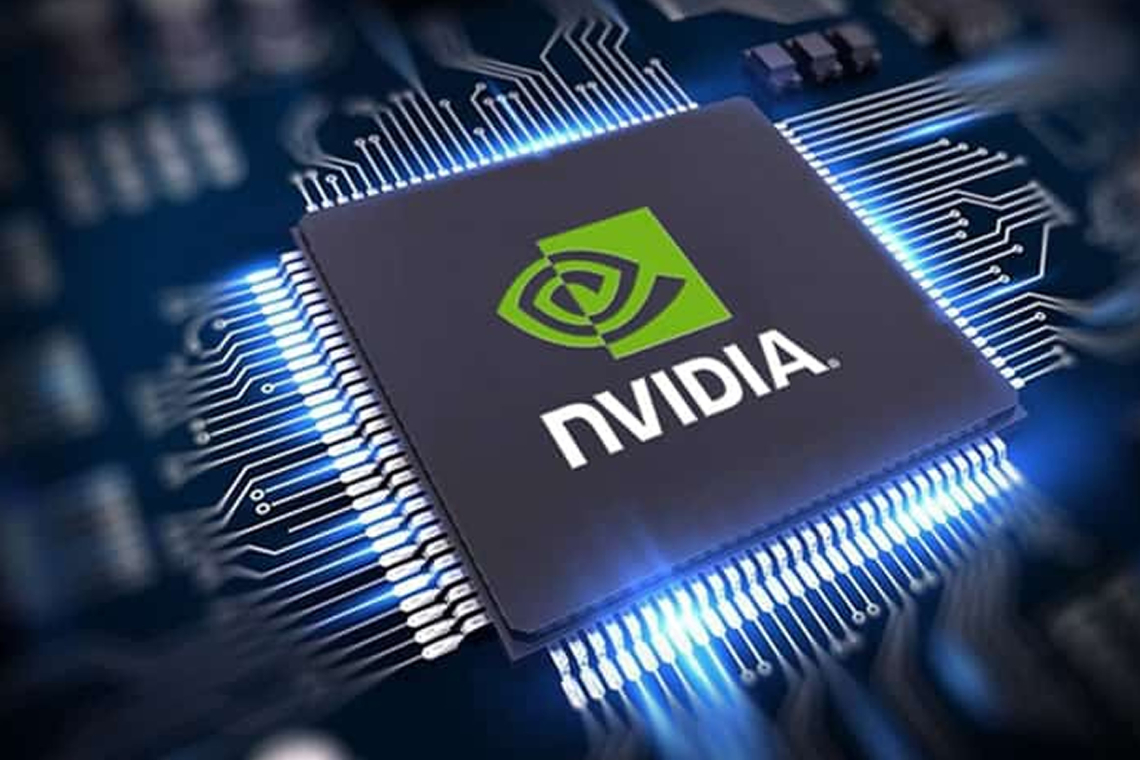U.S. President Donald Trump has announced that Nvidia’s most advanced artificial intelligence chips will be exclusively available to American companies, effectively barring access to China and other nations. In a pre-recorded interview aired on CBS’ 60 Minutes and during remarks to reporters aboard Air Force One, Trump emphasized that only U.S. customers would be permitted to purchase Nvidia’s top-tier Blackwell chips. Nvidia, currently the world’s most valuable company by market capitalization, will not be allowed to sell these high-end chips internationally.
“The most advanced—we will not let anybody have them other than the United States,” Trump told CBS, reiterating similar comments made earlier during his return flight from Florida. “We don’t give the Blackwell chip to other people,” he added.
These statements suggest that Trump may enforce stricter controls on cutting-edge AI chip exports than previously indicated, potentially excluding China and other countries from acquiring the most sophisticated U.S.-made semiconductors. This stance contrasts with the administration’s July AI strategy, which aimed to relax environmental regulations and boost AI exports to allied nations to maintain technological superiority over China. Just days before Trump’s comments, Nvidia announced plans to deliver over 260,000 Blackwell chips to South Korea, including major firms like Samsung Electronics. Since August, speculation has grown over whether Trump would permit sales of a scaled-down version of the Blackwell chip to China. While he confirmed to CBS that the most advanced models would not be sold to Chinese companies, he left open the possibility of allowing access to less powerful versions.
“We will let them deal with Nvidia but not in terms of the most advanced,” he said.
This potential concession has sparked criticism from China-focused lawmakers in Washington, who argue that even limited access could enhance China’s military and AI capabilities.
Representative John Moolenaar, chair of the House Select Committee on China, likened such a move to “giving Iran weapons-grade uranium.” Although Trump had hinted at discussing the chip issue with Chinese President Xi Jinping during their recent summit in South Korea, he later confirmed that the topic was not addressed. Nvidia CEO Jensen Huang stated last week that the company has not pursued U.S. export licenses for China due to Beijing’s current stance.
“They’ve made it very clear that they don’t want Nvidia to be there right now,” Huang said at a developer event, noting that access to the Chinese market is crucial for funding U.S.-based R&D.
Found this article interesting? Follow us on X(Twitter) ,Threads and FaceBook to read more exclusive content we post.



